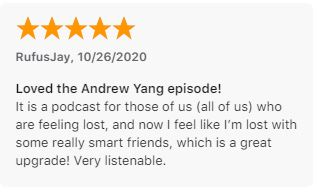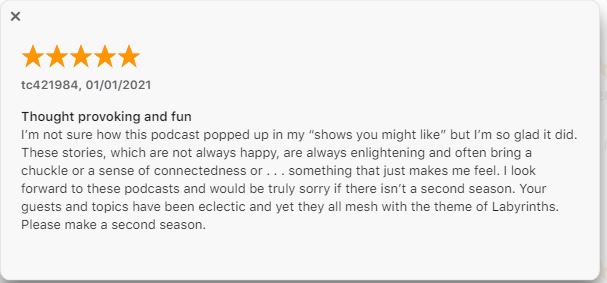I live in two overlapping worlds. In one, I’m seen as a monster. In the other, people value my work.
/ A thread.

/ A thread.


One of these worlds is based in reality. The other is not, and yet that false world often feels stronger, ineradicable. 

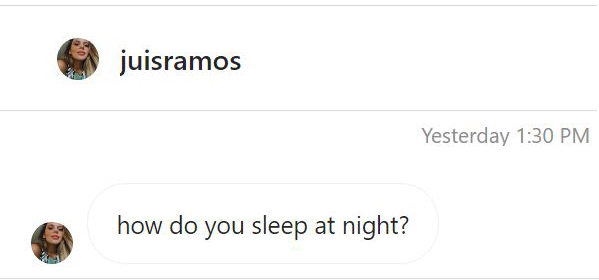

I thought I would return to the life that had been stolen from me…I quickly realized that life didn’t exist anymore. 



I was no longer just me, a language nerd who liked poetry and rock climbing. I was the girl who was accused of murder. 



And in millions of minds, I was not just accused, but guilty. I was redefined as a killer. My innocence didn’t change that. 



...but not from the prison of infamy, not from the false identity as a drug-addled whore and killer. 



...not unique at all. Plenty of people have been wrongfully convicted - mostly poor, disenfranchised men.
podcasts.apple.com/us/podcast/exo…

podcasts.apple.com/us/podcast/exo…


And I’m not the first to be globally slut-shamed (shout out to @monicalewinsky) 

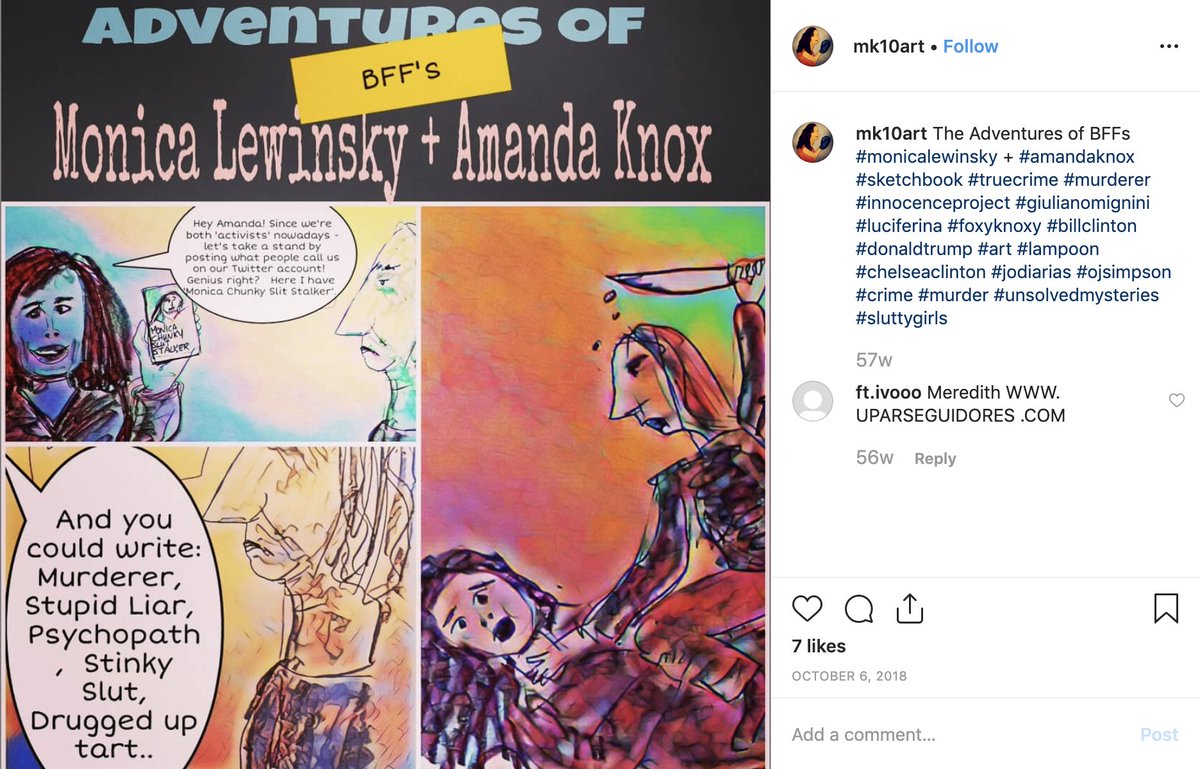

I never asked for attention, for scrutiny, to be cast as a cardboard character in a morality play for tabloid readers and true crime junkies. 

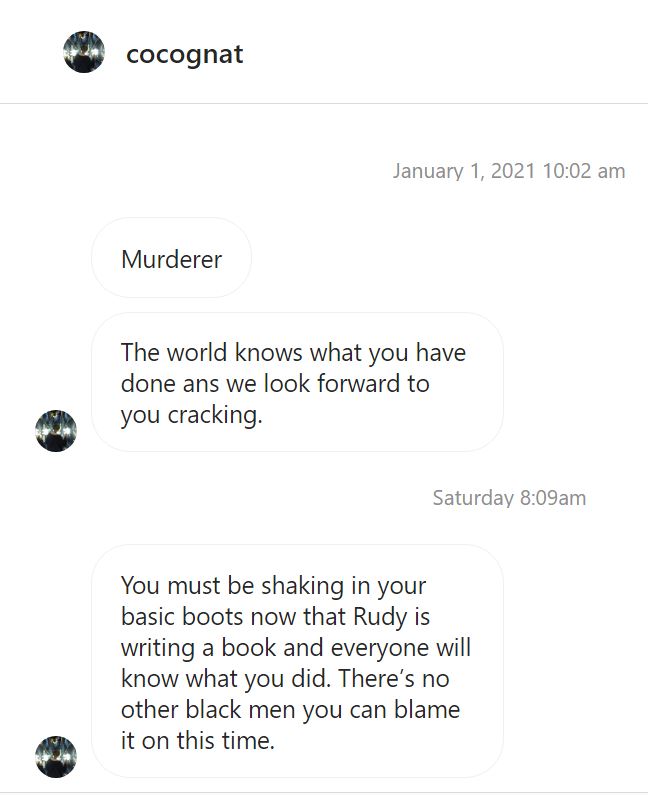

But here I am. Trying to figure out how to play the strange hand I’ve been dealt...
podcasts.apple.com/us/podcast/the…

podcasts.apple.com/us/podcast/the…


...to practice the nuance and compassion and empathy that was denied me by those eager to vilify and punish. 



So I’ve been building bridges, talking to victims and vilified men and women, advocating for criminal justice reform. 

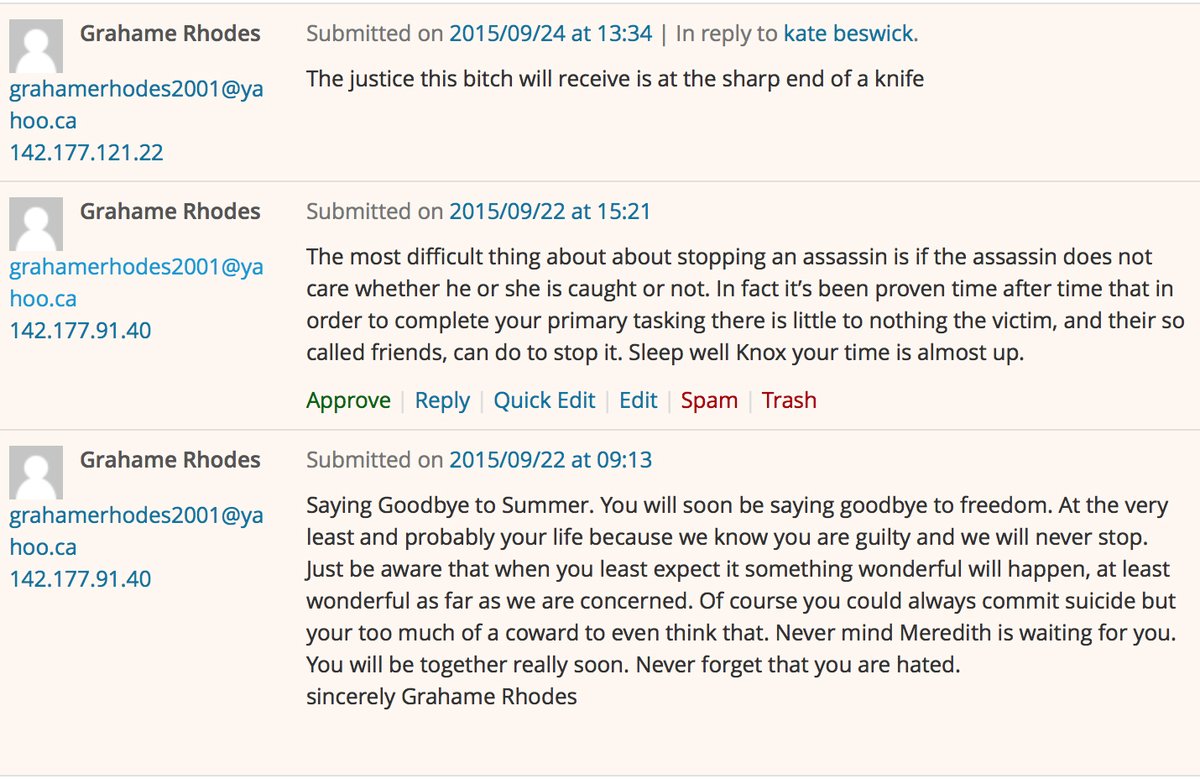

But the thing I’m most proud of is Labyrinths, the podcast I created with my novelist husband @manunderbridge. I’m grateful for the opportunity to do this work and meet other survivors along the way. 



And nothing gives me greater satisfaction than to know that I’ve reached someone.
podcasts.apple.com/us/podcast/its…

podcasts.apple.com/us/podcast/its…

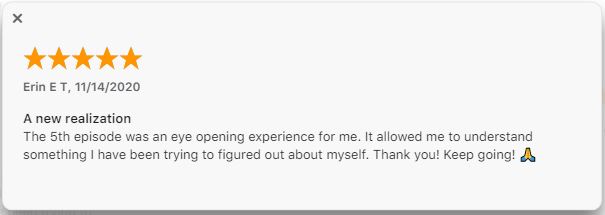
Season 2 of Labyrinths premieres today with episode 1 of a 5-part miniseries on infertility. In today’s episode, I bare my soul about my recent miscarriage.
podcasts.apple.com/us/podcast/inf…

podcasts.apple.com/us/podcast/inf…


I hope you’ll listen. And if you like the podcast, please consider supporting us! We’re independent and ad-free. If we had one supporter for every hundred cruel messages that come in, that would more than balance out the hate.
patreon.com/knoxrobinson
patreon.com/knoxrobinson
• • •
Missing some Tweet in this thread? You can try to
force a refresh


















